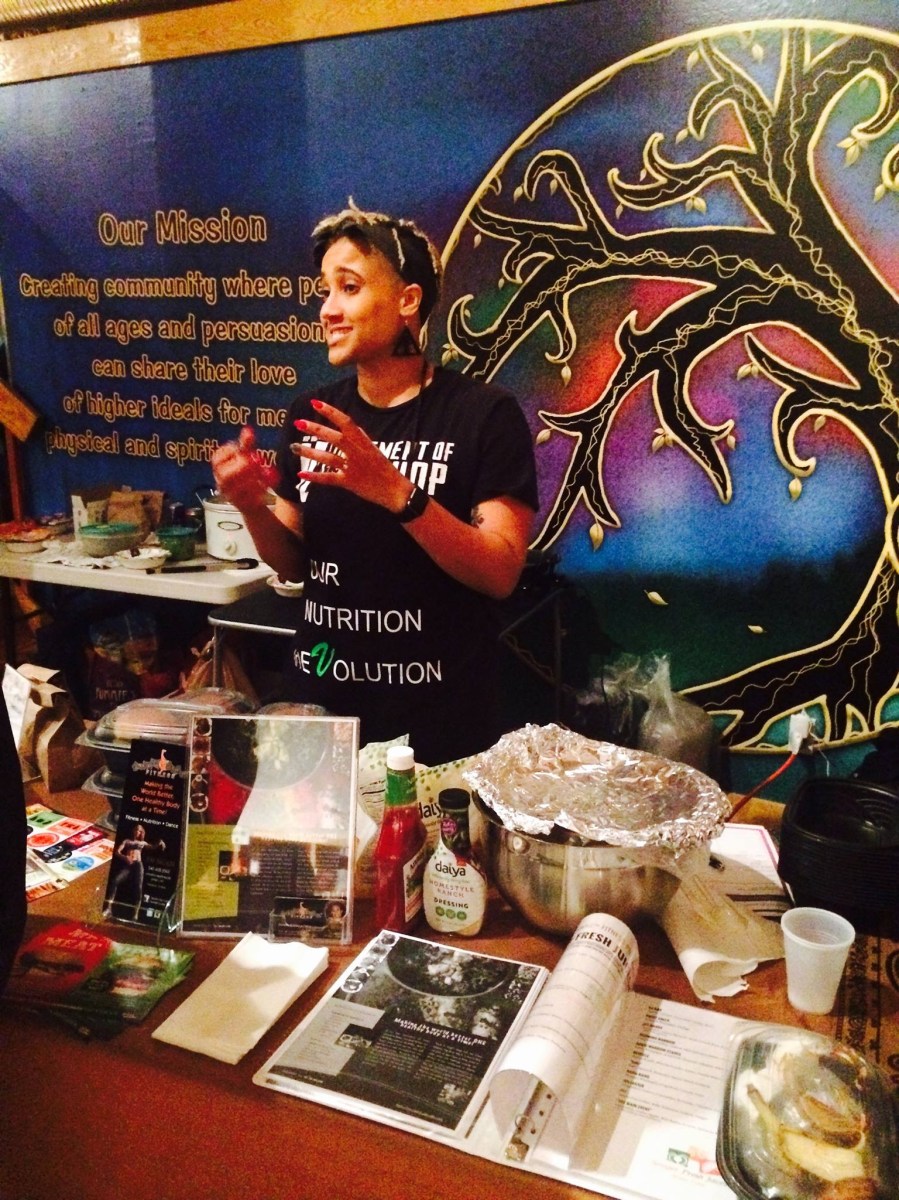In March 2020, Covid-19 all but annihilated Orion Brown’s business Black Travel Box, a Denver-based accessories company for travelers of color.

Though the company recovered as people began to travel and commute again, Brown noticed that shipments were arriving later and later. Even worse, the cost of goods from her suppliers skyrocketed by up to 40 percent.
“Demand has definitely gone up. If nothing else, people have lost their minds and are packing the airports,” Brown told Know Your Value. “But a few months out of the pandemic I started to see shipping delays going from five days to a month. I could pay to expedite, but the suppliers kept raising the prices, which then got passed on to us, the business owners.”
Brown’s journey is one felt by business owners across the country. According to the Bureau of Labor Statistics, the U.S. inflation rate hit 8.5 percent annually in March – a new 40-year high. Record shipping demands during Covid-19 shutdowns, coupled with rising gasoline prices due to the Russian invasion of Ukraine have driven the spike. Recent strict COVID-19 lockdowns in China will also likely add even more stress to the supply chain, according to Wendy Edelberg, director of the Hamilton Project.
“A lot of the challenge right now is managing inventory and managing your staffing needs,” Edelberg told Know Your Value. “It’s very hard for anyone selling goods, for any firm to predict what demand is going to look like over the next year.”
While many businesses will be stung by the inflation, women and minority women-owned businesses often have less access to capital than their male counterparts. Despite the fact that their numbers have been increasing across the country over the years, women founders only received 2.2 percent of venture capital funding in 2020. Additionally, loan sizes were 41 percent lower than those given to male-owned businesses in 2021.
Inflation has forced business owners to be crafty and pivot on a dime. Orion Brown, for example, expanded her contracts, applied for corporate gifts and raised $70,000 in a crowdfunding campaign. She increased her workspace and decided to focus on infrastructure to store more inventory.
Other founders have been forced to make difficult decisions. Lisa Sun, owner of luxury inclusive clothing brand Gravitas, said that her fabric supplies went up as much as 6 percent due to an increase in petroleum costs. To cope, she’s had to pass those costs onto her customer base by raising prices incrementally. She told Know Your Value she’s had to keep her employees’ wages relatively stagnant for the time being.
“I feel bad for my workers because everything is costing them more. Basic supplies and groceries, things that they need to live on,” Sun said. “It creates a vicious cycle because my customers are also increasing.”

Rising food costs have impacted business owners like Kaylenne Brown, owner of Virginia-based vegan meal and baked goods company Plant-Based Eatz (no relation to Orion Brown). Flour has risen by 14.2 percent, milk by 13.3 percent and fresh vegetables by 5.9 percent year-over-year in April.











